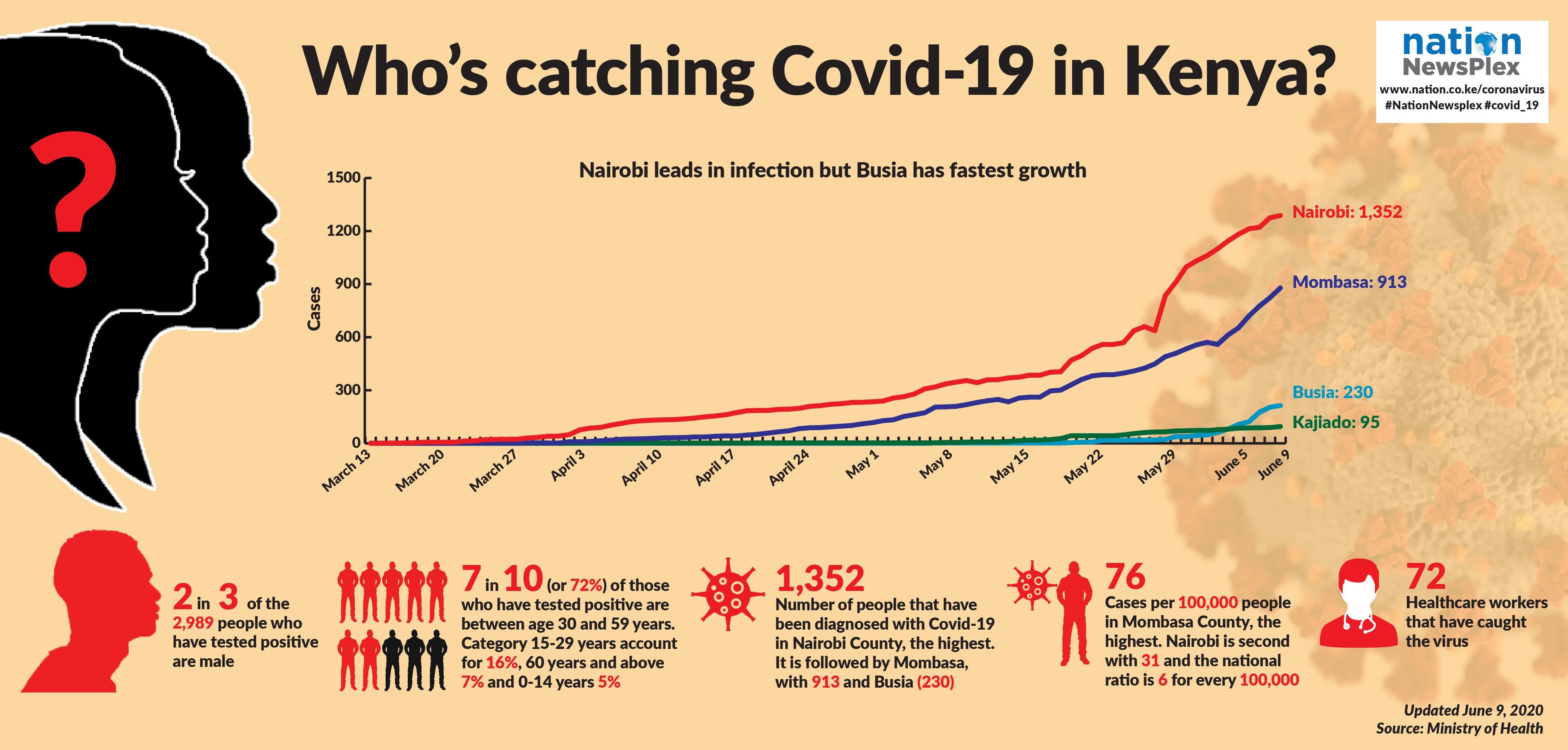Kenya top in affordable financial services
Data from the Kenya National Bureau of Statistics indicate that in 2014, mobile money subscriptions reached 26.0 million, representing a penetration rate of about 60 per cent of the total population. GRAPHIC | NATION MEDIA GROUP
What you need to know:
- Data from the Kenya National Bureau of Statistics indicate that in 2014, mobile money subscriptions reached 26.0 million, representing a penetration rate of about 60 per cent to the total population.
- South Africa was ranked top for mobile capacity, defined by indicators like the extent of 3G mobile network coverage, ease of mobile payments, and the number of active mobile money services in each country.
Kenya has been ranked first in a survey by a US-based think tank that examined access to affordable financial services.
The country achieved the overall top score for its financial inclusion efforts in the 2015 Brookings Financial and Digital Inclusion Project Report which is published by the Brooking s Institution, largely due to the growth of its mobile money market.
21 Countries were ranked on four aspects of financial inclusion, including country commitment, mobile capacity, regulatory environment and the adoption of traditional and digital financial services. Of these categories, Kenya ranked first only in adoption.
Tanzania and Indonesia were found to have the best regulatory environment of the 21 countries surveyed, according to the report.
Kenya earned 89 per cent overall, followed by South Africa (80 per cent), Brazil (78 per cent), Rwanda and Uganda (75 per cent each), and Chile, Colombia, and Turkey (74 percent each).
The use of mobile money transactions has been on the rise in Kenya since its inception. Data from the Kenya National Bureau of Statistics indicate that in 2014, mobile money subscriptions reached 26.0 million, representing a penetration rate of about 60 per cent of the total population.
Cash deposits made through mobile money agents reached Sh1,269 billion in 2014, up from Sh1,033 billion in 2013, while total transfers increased by 24.7 per cent to Sh2,372 billion up from Sh1,902 billion.
Kenya was cited for allowing both banks and nonbank institutions, including mobile operators, to offer financial services. In 2012, for example, M-Shwari was launched in Kenya as a partnership between the Commercial Bank of Africa and Safaricom to offer interest-bearing accounts and microloans, reaching an increasing number of unbanked people.
COUNTRY COMMITMENT
South Africa was ranked top for mobile capacity, defined by indicators like the extent of 3G mobile network coverage, ease of mobile payments, and the number of active mobile money services in each country. Kenya was ranked second, tied with Indonesia, Bangladesh, Colombia, Rwanda, and Afghanistan.
Tanzania and Indonesia were found to have the best regulatory environment of the 21 countries surveyed, according to the report. Regulatory environment indicators included non-bank led mobile financial services, regulations governing e-money, the interoperability of mobile money platforms, client identification (know-your-customer) processes, and cash-in/cash-out capability at agent locations.
Tanzania, Rwanda and Uganda were among seven countries ranked joint top for country commitment.
M-Pesa, the first mobile cash transfer service in Kenya, was launched by Safaricom in 2007. Earlier this year, Equity Bank, the latest entrant in the mobile banking market, launched a special thin SIM card that allows the bank’s customers to access the lender’s mobile virtual network without parting ways with the existing telecoms operators.
Other highlights of Kenya’s performance metrics include twelfth place for country commitment and third place for regulatory environment.
The country also had the highest rate of mobile money account ownership of the FDIP countries, as well as a regulatory environment that promotes entry of bank and non-bank providers in the market and diverse offerings such as mobile savings and credit products.
According to the World Bank Global Findex database which is citied in the report, South Africa, which was ranked second overall in the Brookings study, had 75 percent of adults with bank accounts and five percent with non-bank financial products, while in Kenya 55 per cent of people aged 15 and above have a bank account.




